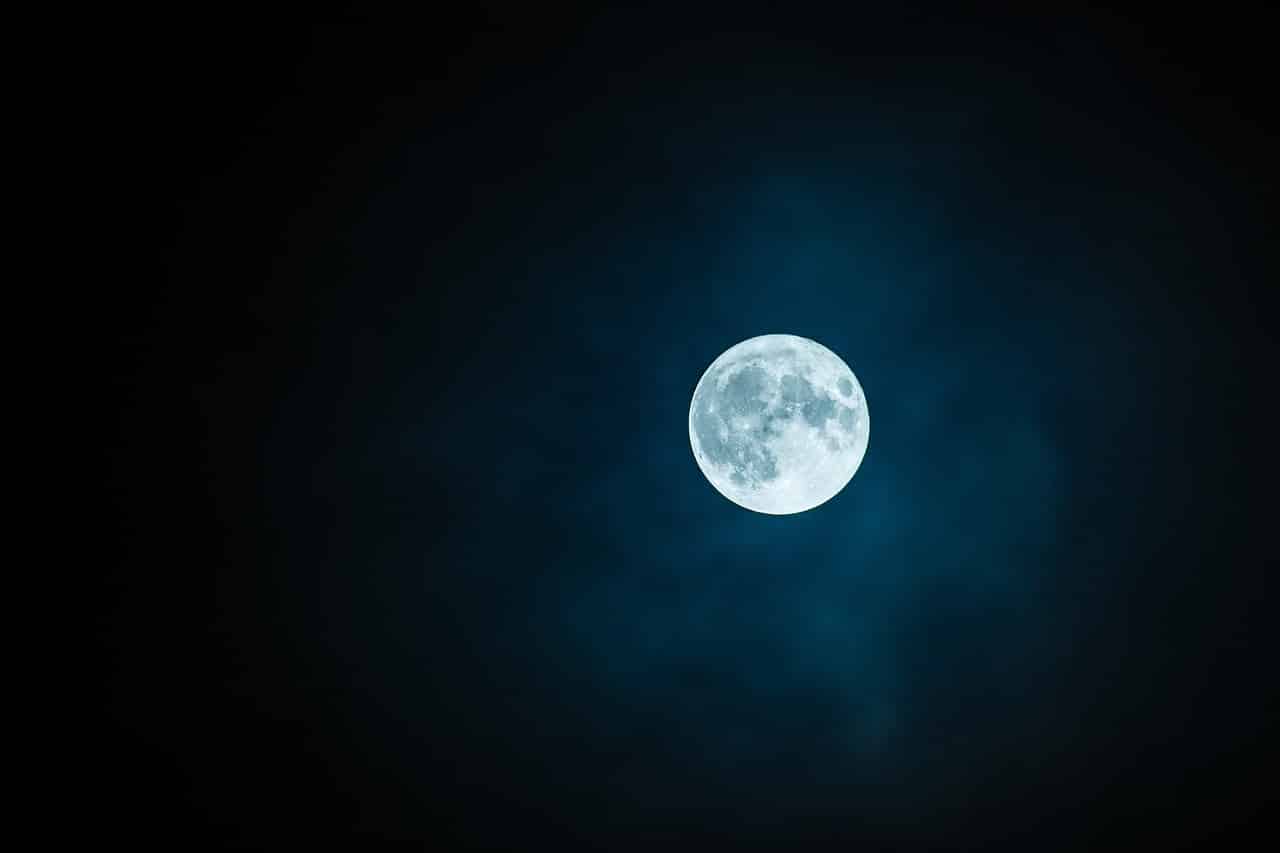When the circuit breaker was tripped in 2020, my kids were doing home-based learning every day.
Because I had to provide on-site tech support to three demanding users throughout the day, I couldn’t begin any serious work until late in the afternoon. I thought rising early to avoid that distraction could be the productivity hack I needed.
Inspired by retired US Navy SEAL officer Jocko Willink’s – who posts daily photos of his watch at 4.30am before his morning workout – I roused at 4.30am, had a quick shower, then went for a morning run. All this before the sun had risen.
Such disciplined morning routines have been trending on social media, peddled as the panacea for not getting things done or living your best life.
TikTok videos tagged #5to9 and #5amclub show content creators waking up at the crack of dawn to meditate, work out, prep healthy meals and more. Practitioners say it maximises productivity and wellness.
But getting up early to start your day is not a novel concept. Benjamin Franklin had a schedule of waking up at 5am and planning his day ahead, working from 8am to 5pm, and going to bed by 10pm.

The more modern version of the 5am routine was first proposed 20 years ago by leadership and elite performance, expert Robin Sharma in his book The 5am Club.
According to the book, the key ingredients of the day are actions you take right after waking up. Sharma proposes a 20/20/20 framework in which the first 20 minutes are spent on exercise, the next on education, and the final 20 minutes on self-reflection.
EARLY RISERS CAN BE MORE PROACTIVE
Many successful professionals understand the value of waking up early to get a head start.
Former PepsiCo CEO Indra Nooyi is well-known for rising as early as 4am. Former (and returning) Disney CEO Bob Iger gets up at 4.30am, while Apple CEO Tim Cook beats them all by getting up at 3.45am.
It may be true that people who wake up early accomplish more in less time. Early risers are more proactive, according to German biologist Christoph Randler. They are more likely to anticipate problems and efficiently solve them, which leads to tremendous success, particularly in the business world.
A proactive mindset leads to increased productivity because you are not waiting to be told what to do next or how to deal with a problem. Instead, you anticipate needs, become curious and gain confidence.
But does the fact that some successful people get up early mean that rising early is necessary for success?
THE WORK ITSELF IS CRUCIAL, NOT THE TIME IT WAS COMPLETED
If the thought of achieving a morning’s work before 8am makes you want to roll over and hit snooze until next Saturday, don’t fret. As it turns out, changing your sleep schedule may not make much of an impact on your life.
According to Oxford University biologist Katharina Wulff, pushing yourself too far away from your natural preference can be harmful, especially if you are a night owl.
Even if night owls are awake in the early morning, their bodies continue to produce melatonin, the hormone that makes one sleepy. This can potentially have negative physiological consequences that productivity cannot remedy.
And not all high achievers get up early. Mark Zuckerberg wakes up at around 8am and, predictably, checks his Facebook, Facebook Messenger and WhatsApp accounts.
Former British Prime Minister Winston Churchill woke at 7.30am. Still, he did not get out of bed until 11am (gasp!) because he preferred to stay in bed for a substantial breakfast, read his mail and newspapers, dictate to his secretaries, and finally rise to bathe before noon.
The work itself is crucial, not the time it was completed. And if the early wake-up call is to engage in a three-hour pre-game ritual of morning walks, infrared sauna and gratitude journaling, you’re better off skipping all of that and getting right to work.
MORE ABOUT POSTURING THAN ANYTHING ELSE
Many new productivity trends have emerged over the last few decades, ranging from multitasking on essential tasks to getting to “inbox zero” and doing the easiest stuff first.
Many of them have already been debunked by science. Studies show multitasking makes us less efficient and more prone to errors; email zero is easier than inbox zero, and tackling the most challenging tasks first (instead of the easiest) makes you more productive.
Waking up early may be more about posturing than anything else.
Warren Buffett allegedly once told Bill Gates that a “ham sandwich could run Coca-Cola” because the company is so great that anyone can run it. Is it essential to get up at 4am to sell something that practically sells itself?
My 5am experiment began and concluded on the same day. My body was awake, but my mind was still in REM sleep. So I spent the morning staring into space until the sun stung my eyes.
My entire day was impacted by fatigue. I even napped when I usually don’t. I didn’t accomplish much.
That night, I slept for 9 hours, awoke the next day naturally, and had a much more productive day. #9hourssleep could be the key here.
P.S. It also appears that Franklin overlooked something when he published his routine. He wrote to a friend in a separate letter: “I rise early almost every morning and sit in my chamber, naked, for half an hour or an hour, depending on the season, either reading or writing.”
Perhaps this might be the next productivity hack to try instead!




